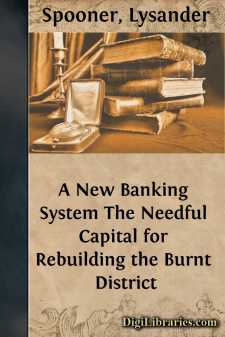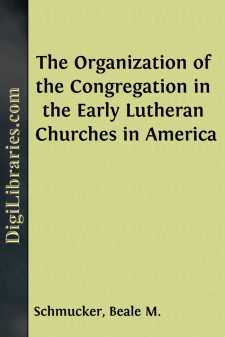Categories
- Antiques & Collectibles 13
- Architecture 36
- Art 48
- Bibles 22
- Biography & Autobiography 813
- Body, Mind & Spirit 142
- Business & Economics 28
- Children's Books 15
- Children's Fiction 12
- Computers 4
- Cooking 94
- Crafts & Hobbies 4
- Drama 346
- Education 46
- Family & Relationships 57
- Fiction 11829
- Games 19
- Gardening 17
- Health & Fitness 34
- History 1377
- House & Home 1
- Humor 147
- Juvenile Fiction 1873
- Juvenile Nonfiction 202
- Language Arts & Disciplines 88
- Law 16
- Literary Collections 686
- Literary Criticism 179
- Mathematics 13
- Medical 41
- Music 40
- Nature 179
- Non-Classifiable 1768
- Performing Arts 7
- Periodicals 1453
- Philosophy 64
- Photography 2
- Poetry 896
- Political Science 203
- Psychology 42
- Reference 154
- Religion 513
- Science 126
- Self-Help 84
- Social Science 81
- Sports & Recreation 34
- Study Aids 3
- Technology & Engineering 59
- Transportation 23
- Travel 463
- True Crime 29
Banking
Description:
Excerpt
CHAPTER I
The Nature, Functions, and Classification of Banking Institutions
The terms, "bank" and "banking," are applied to institutions and to businesses which differ considerably in character, functions, and methods, but which nevertheless have certain common features which justify their being grouped together. We can best prepare the way for a discussion of these differences and common features by a description of the services which these institutions perform in modern society.
1. Services Performed by Banking Institutions
From the point of view of their customers these services may be grouped under the following heads: The safekeeping of money and other valuables; the making of payments; the making of loans; and the making of investments. It is a common practice everywhere, and in some countries, notably the United States, almost a universal practice for people to intrust their money to banks for safekeeping. To a degree, hoarding, in the sense of locking up money in private vaults and other receptacles and keeping it under the eye and in the personal care of the owner, is still practiced, but it is doubtless on the wane in all civilized countries. The practice of intrusting to banks the safekeeping of other valuables, such as important documents, jewelry, plate, etc., is also widespread and growing.
The service of the safekeeping of money naturally leads to the second, the making of payments. When we intrust our means of payment to a bank, it is natural that we should also make it our treasurer and disbursing agent, and so we do. If we have payments to make to people at home, in other cities of our own country, or in other countries, we usually order our bank to perform the service for us.
Loans of almost all kinds are made by banks, and certain kinds, namely, those to business men for the everyday conduct of commerce and industry, are made almost exclusively by them. For the most part these are short-term loans. For long-term loans banks are also one of the chief resorts, but in some countries these are not to so great a degree monopolized by them as the short-term variety.
For the investment of the surplus funds of people banks are the chief agencies. This function takes the form mainly of the sale of stocks, bonds, and mortgages, and sometimes of the promotion of new enterprises.
None of these services are performed by banks exclusively. For the safekeeping of valuables, and sometimes of money, there are in some places safe deposit companies to which the term "banks" is not applied. In the making of payments the post office departments of governments and express companies participate, and in the making of loans and investments brokers, loan companies, lawyers, etc., participate. The peculiarity of banking institutions consists not in the performance of any one of these services, but in the fact that they specialize in them all, or in a combination of them. Merely to keep money and valuables on deposit, or to act as paymaster, or to make loans, or to sell bonds, stocks, and mortgages would not make an institution a bank or an individual a banker; but to make a business of performing most or all of these services for the public involves the use of certain machinery and certain methods of procedure, and the assumption of a rôle in the nation's economy which is distinctive and peculiar, and which has set these institutions apart in every country as objects of legislation and of scientific treatment, as well as in the thought and regard of the people.












